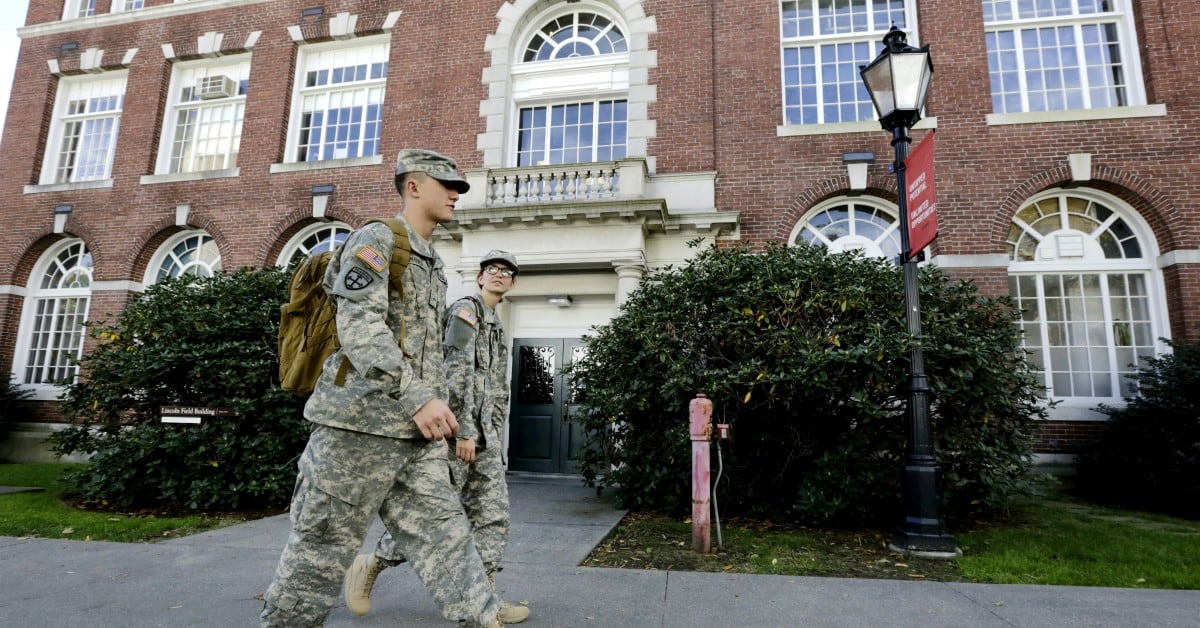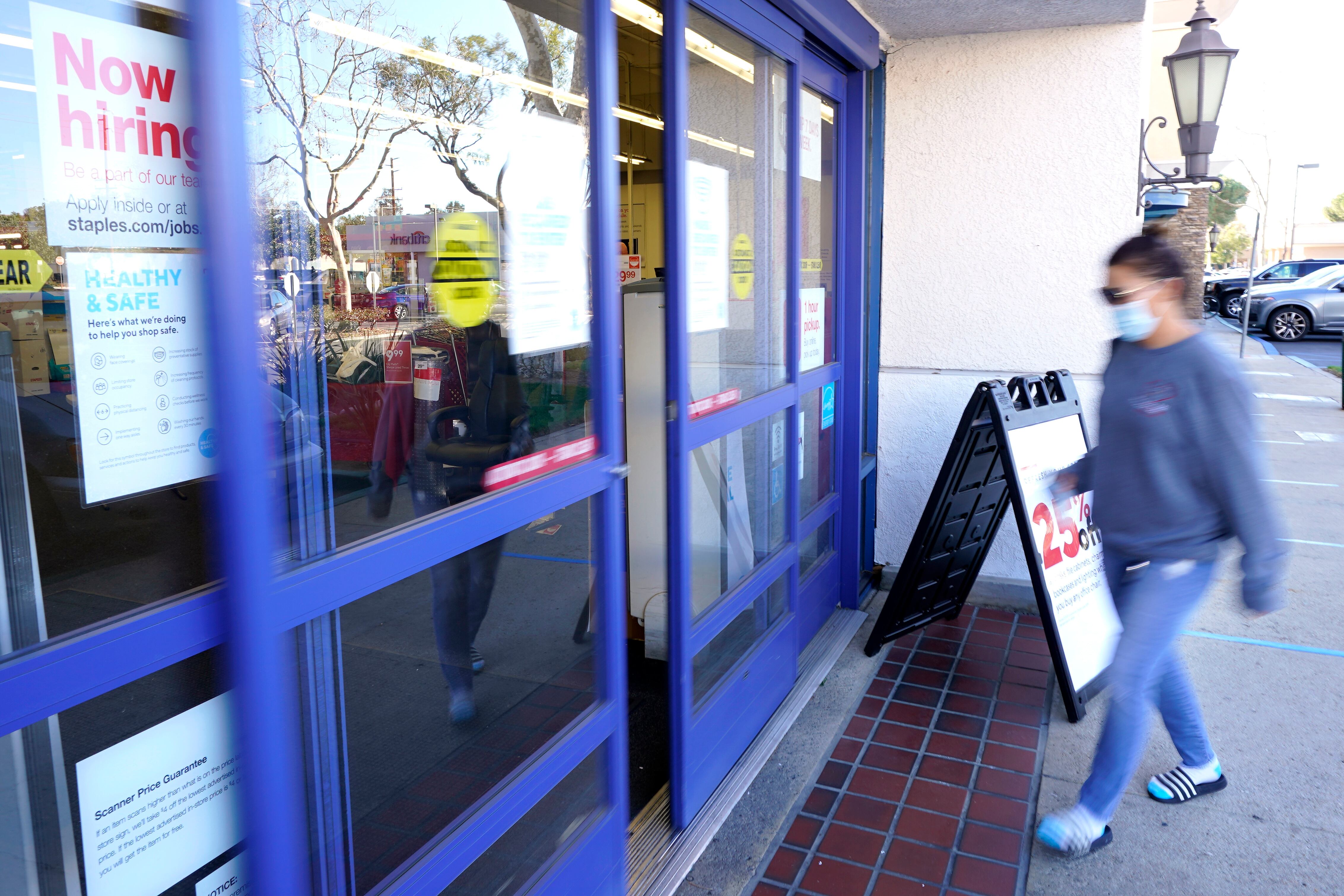Democrats latest coronavirus relief plan totaling nearly $2 trillion will include about $17 billion in extra money for veterans programs in an effort to mitigate health and employment challenges related to the pandemic, under a plan unveiled by House leaders on Thursday
But Republican lawmakers objected to the proposal, saying that White House and Veterans Affairs leaders have not shown why the billions in extra funds are needed and whether they will actually help veterans.
They pushed a delay in consideration of the package, a proposal which was rejected by the majority members. The plan passed the committee along party lines.
“The American people want [this] rescue plan adopted,” said Rep. Mark Takano, D-Calif., chairman of the House Veterans’ Affairs Committee. “And, without any doubt, the needs of our veterans must also be met … It is important that we not leave veterans out of the consideration of this package,”
RELATED

The $1.9 trillion proposal, dubbed the American Rescue Plan, includes provisions to plus-up unemployment assistance to individuals who lost their jobs because of the pandemic, new payouts up to $1,400 to American families to offset financial hardships, and an increase in child care and child tax credits.
Earlier this week, members of the House Education and Labor Committee approved — along party lines — plans to include changes to the so-called 90/10 rule in the package, which would mandate that for-profit schools count GI Bill benefits as taxpayer support in calculations regarding how much federal funding they can receive.
The largest share of the veteran relief provisions unveiled Thursday would be in new VA health care and related support services.
Roughly $13.5 billion would be set aside to “cover the impacts of delays in care, more expensive care being needed as a result of putting off needed care, and greater reliance on VA due to economic impacts from the pandemic,” according to the legislative language. Of that total, $4 billion will be available to be spent on outside care programs, if VA officials determine that private-sector physicians would provide the best options for veterans.
Another $750 million would be set aside for state veterans homes to “enhance treatment of veterans during the pandemic, including by enhancing cleaning services, procuring personal protective equipment or other equipment, and temporarily expanding staffing levels to care for veterans.”
The bill would also, at a cost of $400 million, establish a new rapid retraining program for veterans who lost their jobs in the last year due to pandemic closures and cuts. The idea has been pushed by both Republicans and Democrats on the committee since last summer. Veterans would be eligible if they have already exhausted other education benefits.
Another $272 million would be set aside to help process backlogs of benefits applications created by office closures and other pandemic challenges over the last year. And money would be included to waive any co-pays for all VA medical appointments from April 6, 2020 until Sept. 30, 2021, to include reimbursements for individuals who have already paid.
However, Republican lawmakers said those broad outlines don’t give enough detail into how the new money will be spent, especially since billions in earlier relief funds allotted to VA have not yet been exhausted.
“We do not know how they came up with that (funding) amount. We do not know why it is needed. We do not know what is going to be used for,” said committee ranking member Mike Bost, R-Ill. “Our constituents did not send us here to give only a passing glance as billions of their hard-earned dollars go out the door.”
RELATED

Takano said VA officials have offered assurances to him that all past emergency funds will be used in coming months, and that the extra money is needed to keep up with veterans’ needs.
“The need now is real,” he said. “And the best way to address the pain caused by this pandemic is to provide direct relief to the American people and to continue serving all those who have served.”
Thursday’s markup was part of a series of separate committee reviews of parts of the relief package. The entire package is expected to be forwarded to the House Budget Committee in coming days, and will likely still take several weeks of interchamber negotiations before being finalized.
Leo covers Congress, Veterans Affairs and the White House for Military Times. He has covered Washington, D.C. since 2004, focusing on military personnel and veterans policies. His work has earned numerous honors, including a 2009 Polk award, a 2010 National Headliner Award, the IAVA Leadership in Journalism award and the VFW News Media award.
